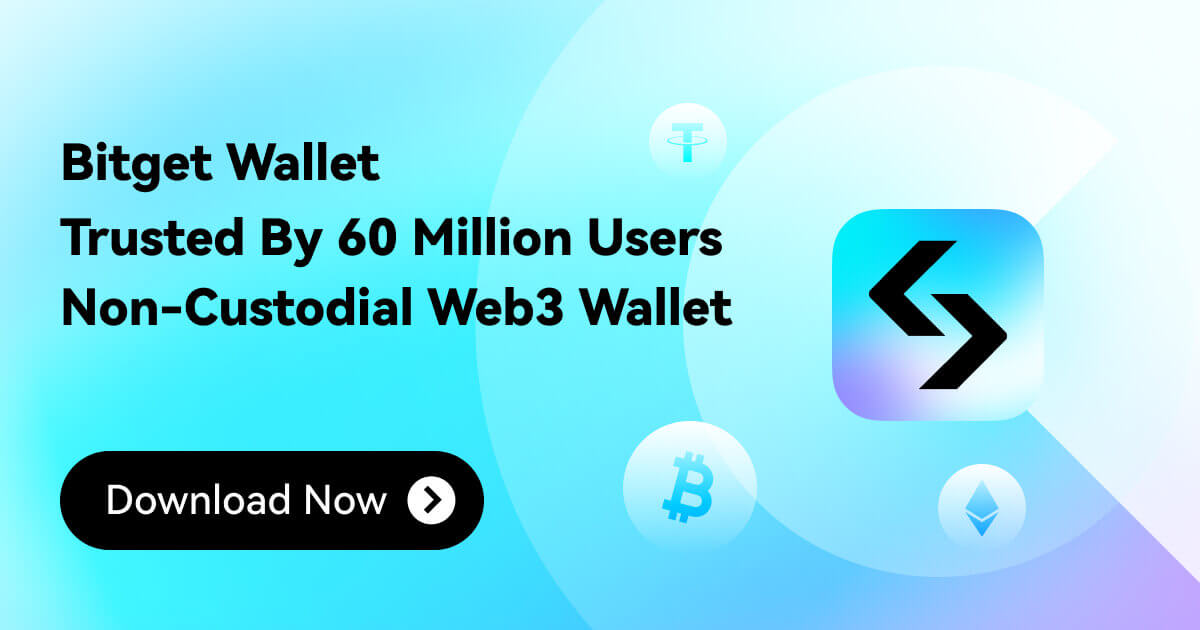Identifying Fake Tokens and Airdrop Scams
Fake Same-Name Tokens
Beware of scams involving fake tokens with the same name as well-known cryptocurrencies. Fake token scams refer to situations where fraudsters create counterfeit tokens with names identical to popular cryptocurrencies but with different contract addresses, using them to deceive users. The primary victims of such scams are often new users, and the most common targets are tokens like USDT, ETH, BTC, and others.
Scam Method 1:
Fraudsters claim to have tokens they urgently want to sell at attractive prices. Unsuspecting users, tempted by the cheap offer, receive the tokens after transferring funds but later find out they cannot trade the tokens as they hold no actual value.
Scam Method 2
Scammers send messages simulating official SMS or emails, adding users to their social accounts, and impersonating official personnel to gain trust. They then lure users to visit third-party apps or websites and guide them to transfer "USDT" (with a name identical to the real USDT but with a different contract address, rendering it worthless) to their wallets. Subsequently, they prompt users to withdraw their assets to the scammer's provided address, completing the deception.
Bitget Wallet (Previously Bitget Wallet (Previously BitKeep)) advises all users to thoroughly verify the contract addresses and other token information before making transfers. Rely on official token information and exercise caution when trusting third-party sources for token details.
Fake Airdrop Scam
Within the realm of crypto, it is not uncommon for DeFi protocols distribute airdrop rewards to users who interact with it and complete certain tasks - more commonly known as "airdrop grinding". However, some airdrops of unknown origin may potentially empty users' wallets. These tokens generally have large amounts and are extremely tempting.
If a user authorizes a contract while attempting to sell the token, they may inadvertently grant the issuing party permission to transfer funds from their wallet, resulting in asset theft.
Once the scammers have succeeded, they often use decentralized exchanges to mix the tokens and cash them out to other addresses. As a result, victims of such scams often find it difficult to recover their funds.
Bitget Wallet (Previously Bitget Wallet (Previously BitKeep)) reminds all users that currently, there are no legitimate airdrop activities that require sending tokens to external wallet addresses in order to claim rewards. Users should be extremely cautious about airdrop activities that request token transfers to the project team, as they are likely to be scams.
To counteract such fake tokens or airdrops, Bitget Wallet (Previously Bitget Wallet (Previously BitKeep)) has introduced a risk detection feature and recommends users to refer to this detailed detection tutorial.
 No data
No data














